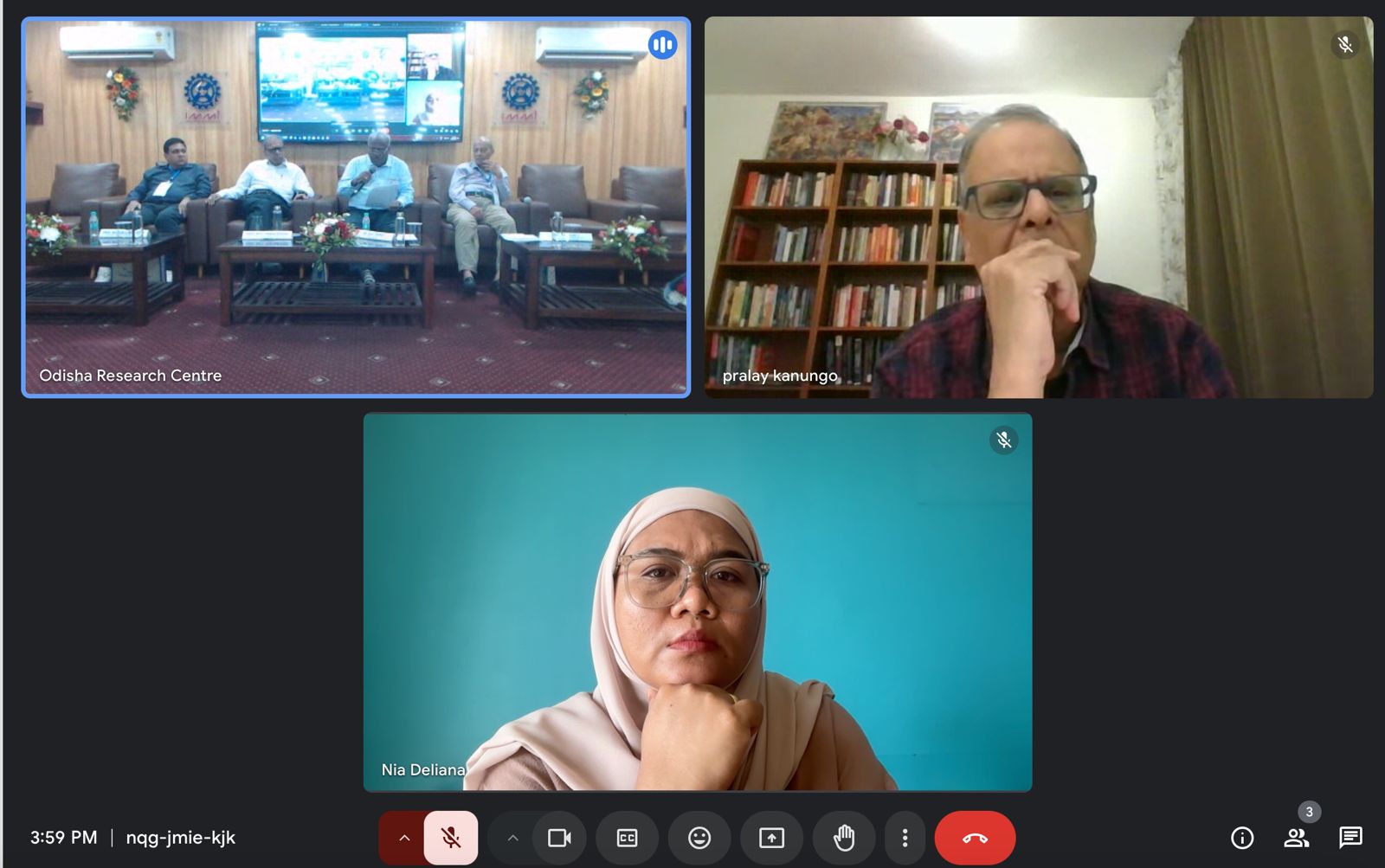
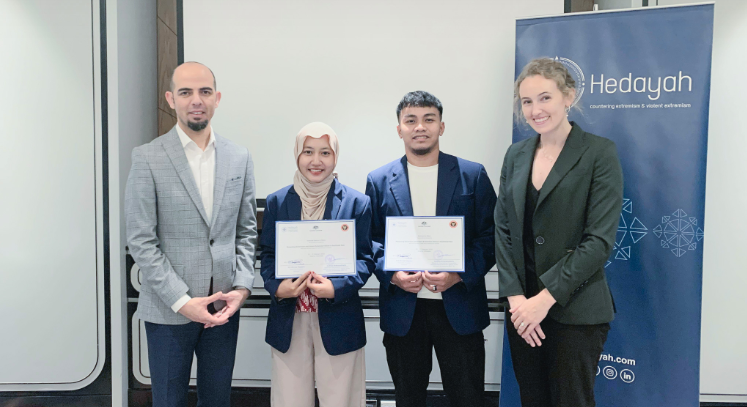
Two UIII students, Almohaimin Pakal (MA in Islamic Studies) and Salsabila Syadza Az-Zahra (MA in Political Science), earned top recognition for their project at the Media and Information Literacy (MIL) Workshop, held by the National Counterterrorism Agency (BNPT) in collaboration with the Australian Government and Hedayah, the International Center of Excellence for Countering Extremism and Violent Extremism.
The workshop titled “Preventing Extremism and Violent Extremism Online in Southeast Asia” was held on February 25-27, 2025, at the Mandarin Oriental Hotel in Jakarta, and attended by student representatives from Universitas Indonesia (UI), Universitas Bina Nusantara (BINUS), and Universitas Bakrie, alongside participants from civil society organizations, government institutions, and peace advocacy groups.
Hatem Shatnawi, Program Manager at Hedayah, emphasized that the workshop aimed to raise awareness about the dangers of extremist content online and enhance participants’ understanding of Media and Information Literacy (MIL) as a tool to counter extremist narratives. Discussions also focused on the influence of media and information on public perception and behavior, as well as strategies to develop counter-narratives and positive alternative messaging.
Throughout the three-day workshop, participants engaged in interactive discussions and collaborative group work to develop innovative solutions for preventing online radicalization. On the final day, each group presented their digital campaign projects aimed at countering extremism.
Pakal and Salsabila’s team secured the Best Project Award for their initiative titled “From Crisis to Career: A Counter-Narrative Campaign for University Students and Fresh Graduates.” Their project was driven by concerns over the high unemployment rate among Indonesian graduates, a factor that can contribute to the vulnerability to fall for extremist ideologies.
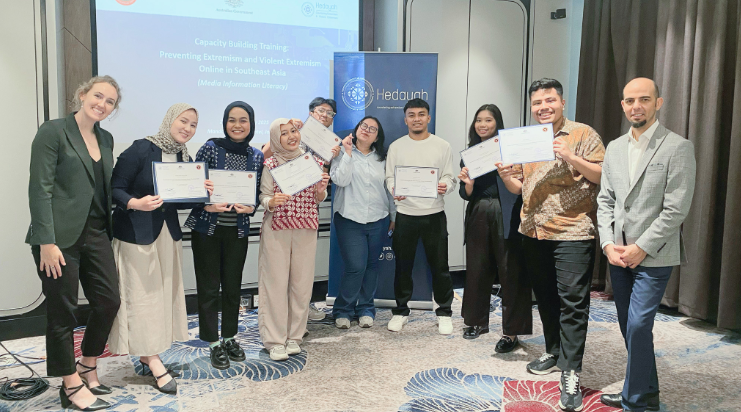
Recognizing that job insecurity can lead to frustration, social alienation, and recruitment by radical groups, their campaign sought to build resilience through career development and community support. Their strategy centered on creating an online ecosystem through platforms such as Instagram, LinkedIn, and WhatsApp Channel.
The campaign aimed to provide job seekers with career guidance, access to real employment opportunities, and motivational workshops featuring success stories. By fostering a supportive digital community, the initiative sought to counter extremism by offering young graduates clear career pathways, credible job resources, and a sense of belonging.
With their innovative approach, Pakal and Salsabila’s team stood out among participants, earning recognition for their practical and impactful solution. The success of their project underscores the critical role of young scholars in addressing online extremism through proactive, real-world interventions.
The MIL workshop concluded with a strong call for participants to apply their newfound skills in digital literacy, source credibility assessment, and counter-narrative development. As the digital landscape continues to evolve, initiatives like ‘From Crisis to Career’ highlight the power of informed, engaged communities in building resilience against extremist influences.
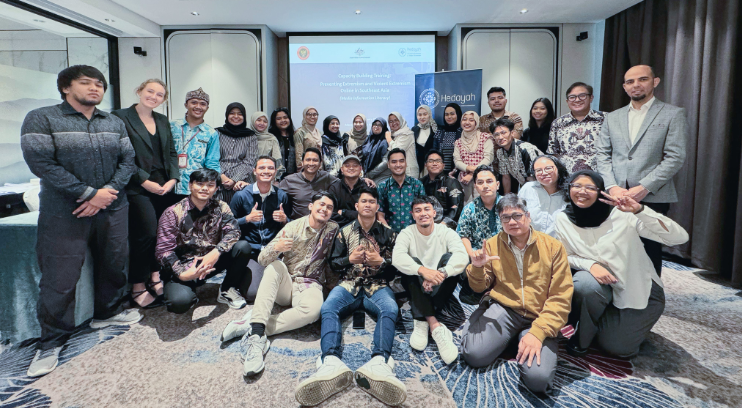

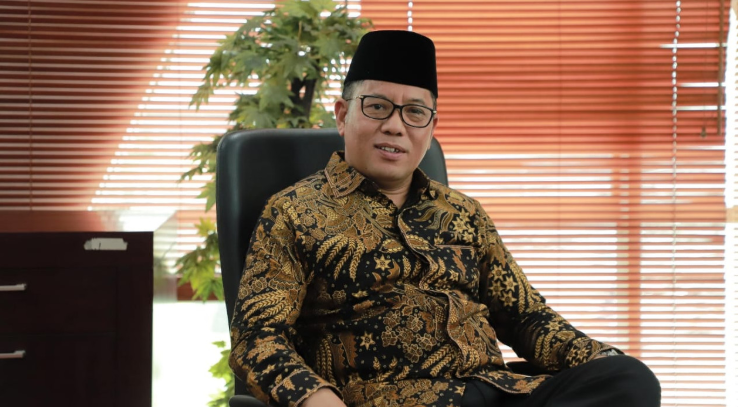
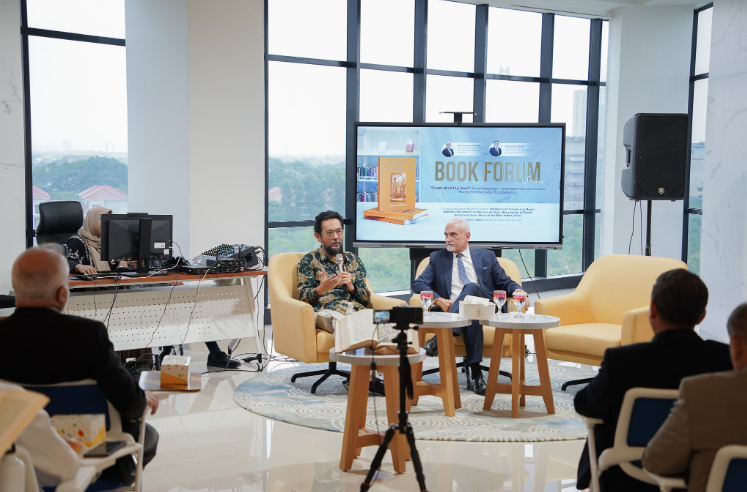
Universitas Islam Internasional Indonesia